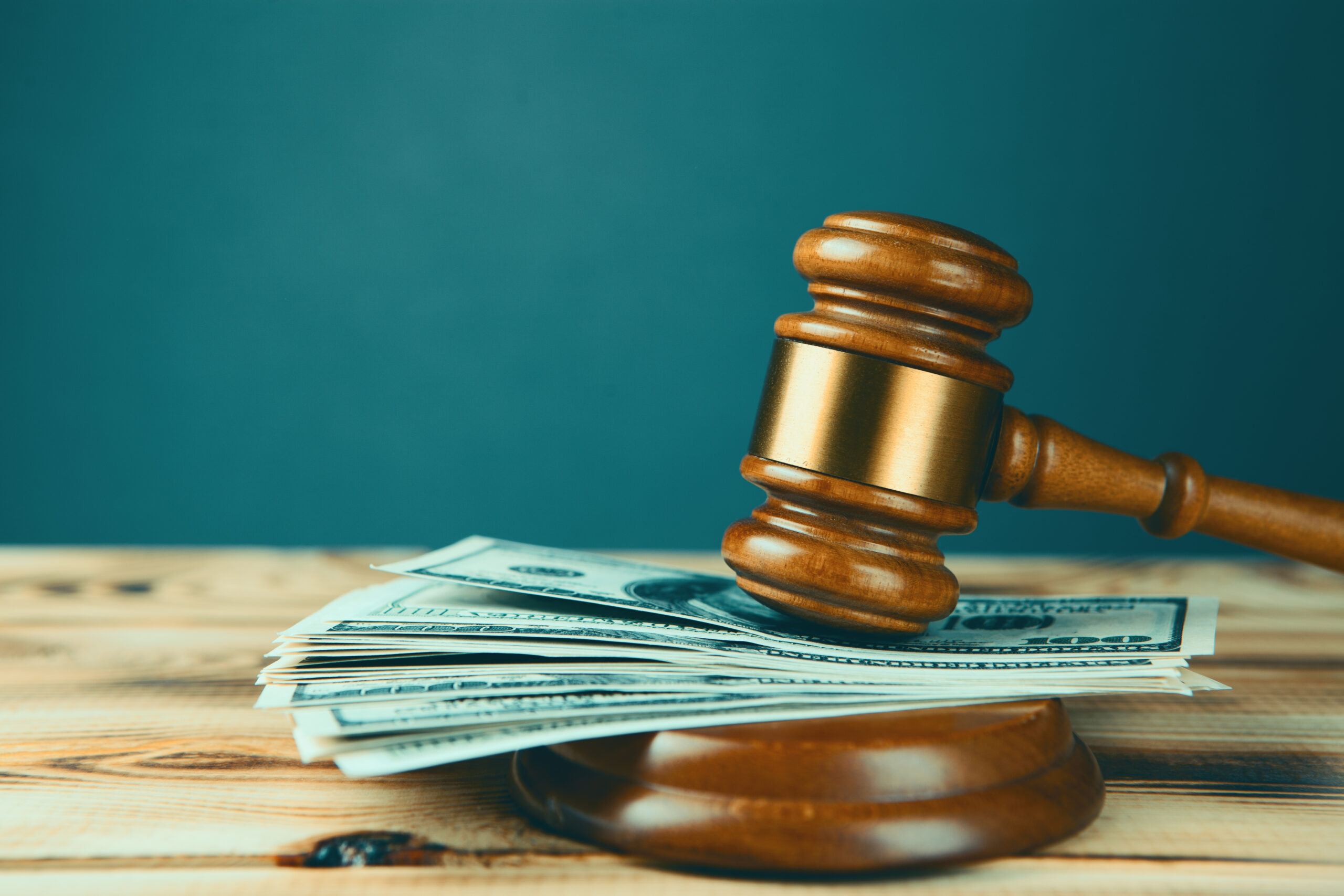In our last newsletter, we had already published an article on the imposition of sanctions by the Dutch Whistleblowers Authority. This is already made possible in the Whistleblower Protection Act. However, when this law took effect in early 2023, the enactment of this section of the law was postponed, pending an Order in Council to specify this authority. A scientific report has been published since then, but otherwise there seems to be little progress. During the whistleblower debate in December, the issue came up again and NSC already announced that it would request a two-minute debate, submitting a number of motions, possibly along with the SP. The two-minute debate took place on Jan. 16 and then the motions were voted on Jan. 21.
The motions now passed urge the government to come up with a proposal soon, preferably before the summer, so that the Dutch Whistleblowers Authority can impose sanctions. For example, when:
– an employer has not rolled out a proper reporting procedure
– an employer retaliates against a whistleblower
– the identity of reporters is not kept confidential
During the consideration of the motions, the minister indicated that persons who reveal the identity of the reporter, without their consent, can already face a prison sentence of up to one year or a fine even now. This follows from Article 272 of the Penal Code; violation of a legal duty of confidentiality.
On LinkedIn, The Dutch Whistleblowers Authority stated: “The Whistleblowers Protection Act is there to protect people who raise their finger in the public interest when they suspect wrongdoing. The fact that a whistleblower, whose identity has been wrongly revealed, may have to report a crime himself is, according to the Dutch Whistleblowers Authority, wrong in principle. Therefore, the Authority believes that we must stand up for these people on behalf of society.” Indeed, it makes it a lot easier for a reporter if the Authority is also given the power to sanction this. By the way, the EU directive also requires that there be effective, proportionate and dissuasive sanctions for non-compliance with the law.
This further underscores the importance of the person who receives and follows up on reports being cautious. For example: It is possible for an anonymous reporter to report something, which is directly traceable to a certain person for the accused(s), while the coordinator does not know their identity. We try to discuss such a scenario with the reporter before following up on his report. It still sometimes leads to complex situations, where (part of) the report can barely be followed up on closer inspection.
By the way, we are curious to know how the judge or the Authority will handle situations, where the successor accidentally discloses the identity of the reporter, while the latter may not even know the identity of the reporter himself.
One of the adopted motions further calls on the government to investigate what is needed to better protect whistleblowers working in the intelligence and security services. The results of this study should then be included in the legislative proposal to amend the Whistleblower Protection Act. This bill is expected in 2026 or 2027. Furthermore, the government has been asked to introduce a system of number recognition at the Dutch Whistleblowers Authority, as is already arranged for lawyers, so that whistleblowers who report wrongdoing cannot be overheard.
Unfortunately, the motions to spare the Dutch Whistleblowers Authority in the round of cuts at the State and to give the Authority a role as a central authority within the system of competent authorities were, however, rejected.
Things are not moving as fast as we hope, but developments are generally moving in the right direction. The motions call for better protection for whistleblowers, and we at The Integrity Coordinator see this as a positive development.
Want to know more? Then take our Whistleblower Protection Act course in practice.


